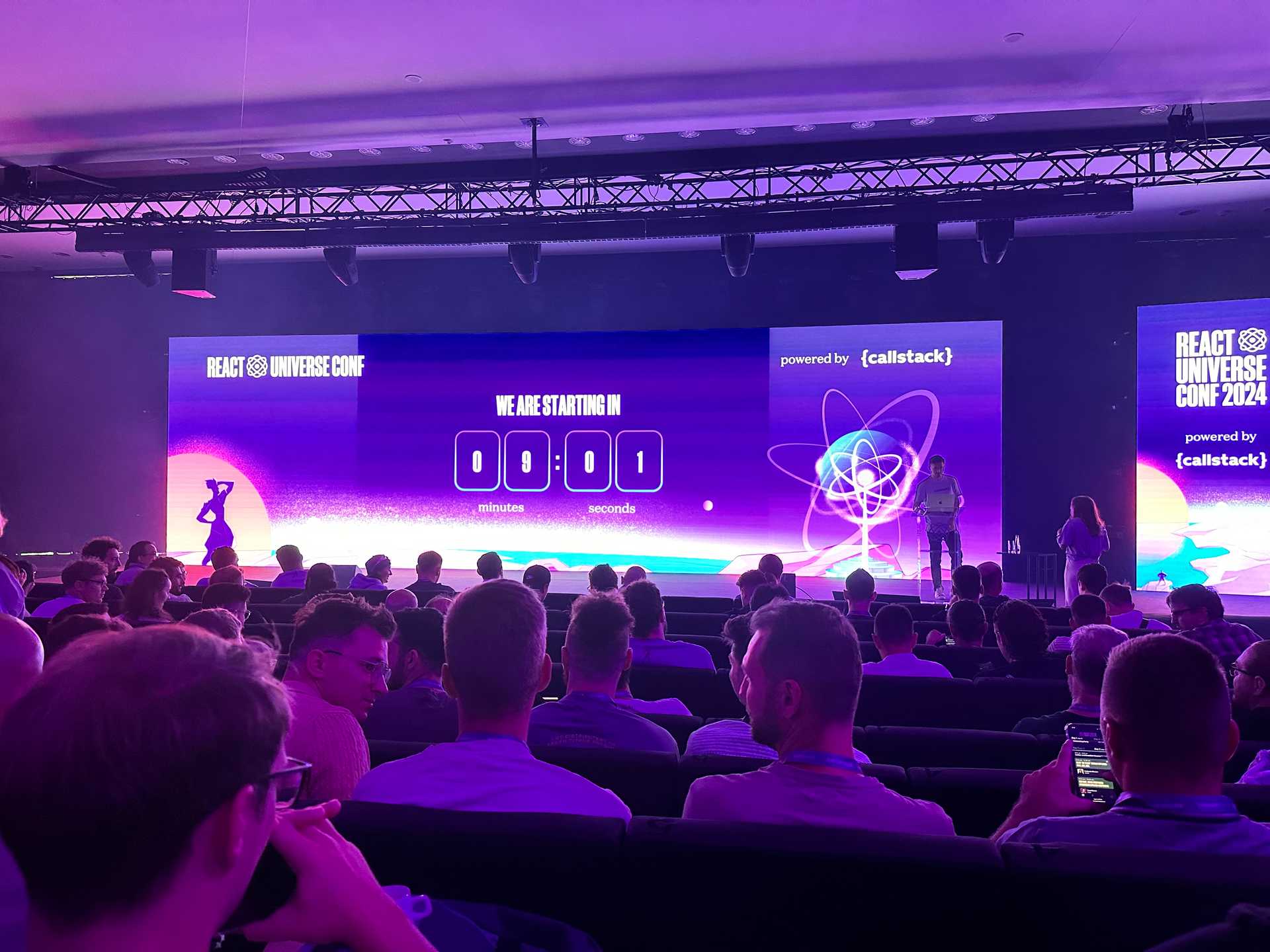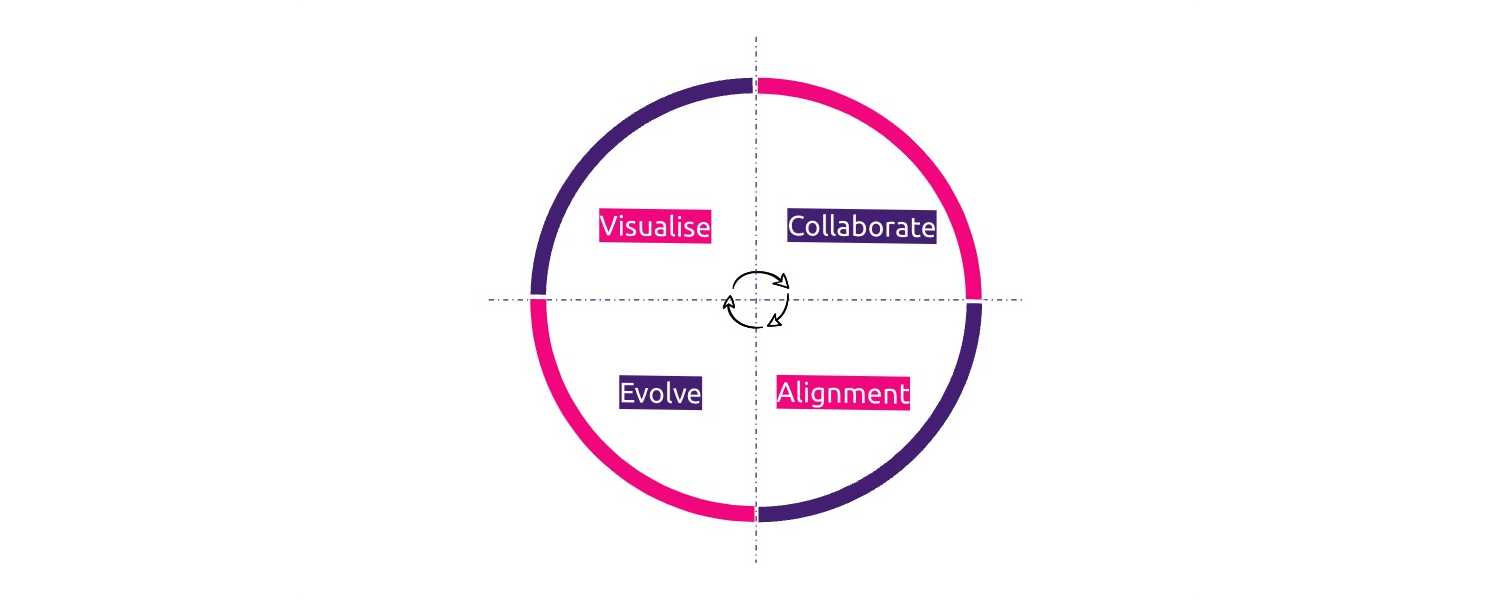In the previous post, we talked about the Coding Dojo and the Continuous Training programme. A good amount of effort and confidence is required to prepare and facilitate such sessions. There is a lot of expert knowledge in the Company, and it isn’t always the case to channel it into those formats to share it: this is where our informal knowledge sharing sessions, the Crash Courses and the LM Talks, come into play.
Crash Courses
Crash Courses are meant to cover our business and industry practices, or business skills and tools. The speakers are our internal subject matter experts on the topic, coming from any area of the Company. Crash Courses are delivered as live sessions (usually forty minutes long), that we record and make available to anyone through our Learning Management System (LMS). Over the years we built a great deal of contextual content, which is particularly useful for our newbies. A colleague who wants to understand our revenues and costs, how we use white labels to boost our brand and form new partnerships, or how we listen to the ‘voice’ of our customers, just to name a few examples, will find answers in our Crash Courses.
LM Talks
LM Talks are meant to share knowledge and ideas, relevant to the speaker, that are worth spreading (so they are like our version of a TED Talk - …well, just a tiny bit less formal and crowded!). Anyone can deliver a talk on anything: takeaways from a book, outcomes of the experiments with a new practice/programming language/tool, or learnings from a problem that has been finally solved. Among the LM Talks delivered in the past you can find, for example, a fireside chat about our Communities of Practice, the tales from a mini-erasmus a Product Engineer did in Platform Engineering, or a talk about the knowledge a team developed in Consumer Driven contracts with PACT.
LM Talks are also delivered as live sessions (from ten to fifty minutes long) that we record and make available through the LMS. Anyone is welcome to join based on their interest in the topic being presented, listen in, and exchange ideas with others.
It’s worth noting that all these knowledge-sharing sessions were in place even before the FriYAYs, and they were happening anytime during the week. What’s different from before is that we now schedule them on a Friday, planning them so that they don’t overlap, to give people the opportunity to attend all of them if they want/need it.
This doesn’t mean that we want learning to happen only on Friday, we know very well that learning is a continuous process and there are countless opportunities to harness at any given moment of any working day, such as: working on something that gives you the chance to discover and develop job-related skills, addressing challenges, learning from mistakes, reflecting on the job done, receiving feedback, just to name a few. It means that on one side we are creating more chances for uninterrupted work also during the week (not just on Friday), and on the other, even the ones who weren’t attending training during the week to not subtract time to teamwork can now do so with a lighter heart.
Continuous Learning programme and Coding Dojo, Crash Courses and LM Talks (link) are consolidated formats in Technology for learning and development, and are made possible by the people working on their delivery, as well as on all the organisational work that happens behind the scenes to plan and communicate the sessions. On top of this, people are coming up with their own ways to make good use of the time and resources available for learning and development. In the next post, we will have a look at them!
Photo by Elaine Casap on Unsplash






